UK hospitals bracing for once-in-a-decade flu surge this winter
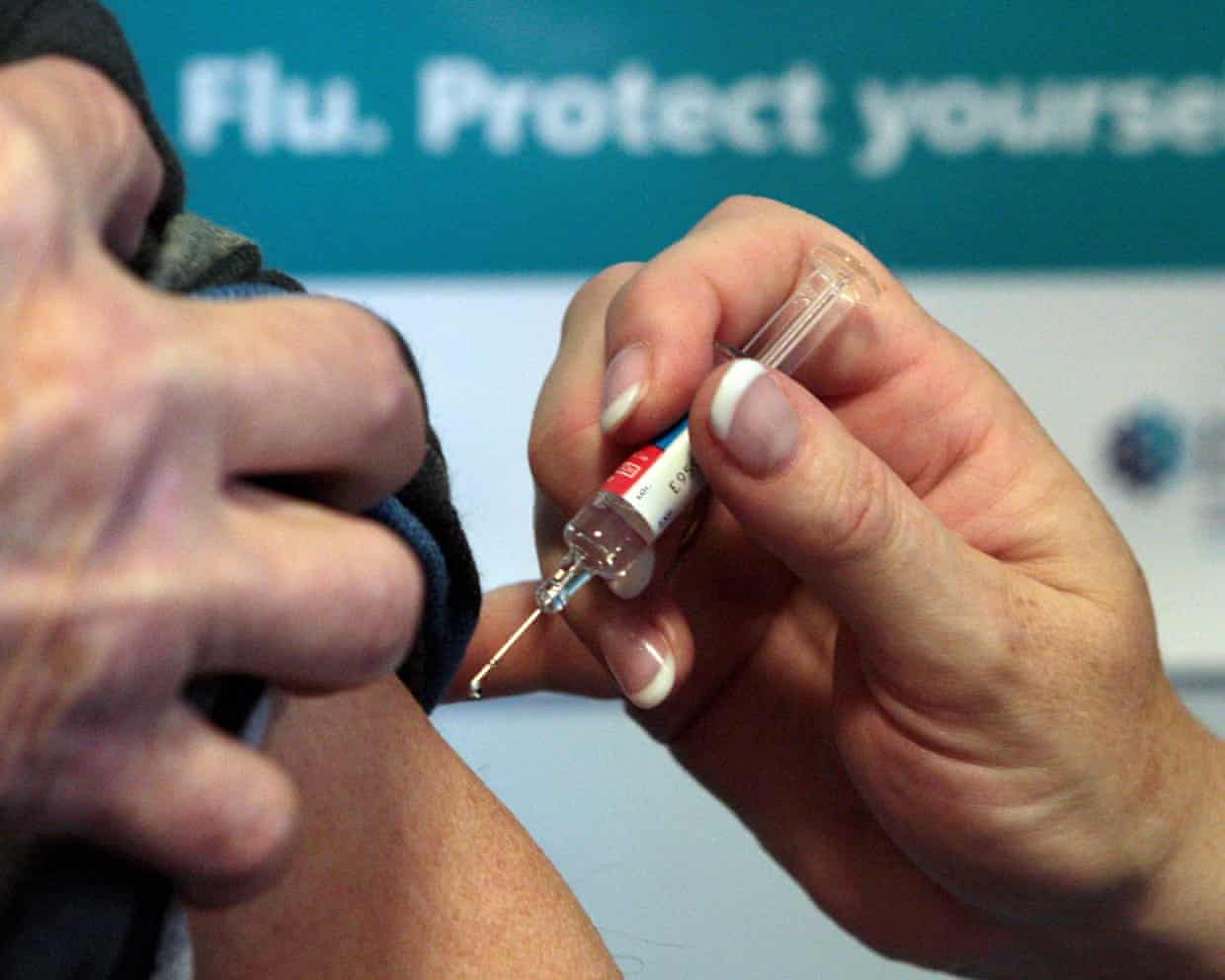
Hospitals are bracing for a once-in-a-decade flu season, with a mutated version of the virus that is spreading widely in younger people expected to drive a wave of admissions when it reaches the elderly.The threat has prompted NHS managers to redouble efforts to vaccinate staff and communities, expand same-day emergency care and treat more patients in the community to reduce the need for hospital stays.As resident doctors in England continue a five-day strike over pay, hospitals are turning to contingency plans to bring in consultants and other staff for extra shifts and reschedule appointments where necessary.“Last flu season was particularly nasty and we’re very concerned that this year could be even worse,” said Elaine Clancy, the group chief nursing officer for St George’s, Epsom and St Helier university hospitals.“We’re preparing for a spike of flu on to our wards.
”Scientists first spotted the mutated version of the flu virus in June,Genetic analysis shows it is a descendant of a strain that this year fuelled Australia’s worst flu season on record,The country recorded more than 400,000 lab-confirmed cases, with low vaccination rates compounding the problem,The mutated virus, which changed through a natural process called antigenic drift, has swiftly become the dominant strain in the UK, triggering the start of the flu season more than a month earlier than usual,Dr Claire Beynon, the executive director of public health for Cardiff and Vale university health board, said: “We are seeing a rapid and early increase in influenza this winter and are expecting to see an increase in hospital admissions.
”A spokesperson for NHS Greater Glasgow and Clyde said flu numbers across its sites were normal for the time of year, but that it was implementing efforts to relieve pressure on hospitals “at pace”.Flu cases surge every winter, but health officials fear this season could be particularly severe if the new mutations in the dominant strain help it to evade people’s immune defences.The virus is a subtype of influenza called H3N2, which tends to cause more severe illness than other subtypes in circulation, particularly in older people.The mutations may boost the virus’s transmissibility.It is too early to know if they make infections more severe.
In a normal flu season, the R value, which is the average number of people an infected person passes the virus on to, is around 1.1 to 1.2.This season it is thought to be 1.4, meaning every 100 people with flu are expected to infect a further 140.
“Whenever there is an early start to the season, there tends to be a bigger peak,” said Antonia Ho, a professor in infectious diseases at the MRC-University of Glasgow Centre for Virus Research.One reason is that fewer people have been vaccinated when they come into contact with the virus.On Thursday, the UK Health Security Agency (UKHSA) said flu cases continued to increase overall, despite a temporary slowing due to the school half-term break.Infections are highest in children but are creeping up in older people.Health officials expect the numbers to rise further as colder weather drives more mixing indoors.
Sign up to First EditionOur morning email breaks down the key stories of the day, telling you what’s happening and why it mattersafter newsletter promotion“The new strain of flu is a worry on what was already predicted to be a big flu season,” said Caroline Abrahams, the charity director at Age UK.“It is more important than ever that everyone that is eligible – including older people – gets the flu vaccine and also takes precautions to stay well this winter.”Early data from the UKHSA suggest that current vaccines are less effective at blocking infections caused by the mutated flu virus, but still provide good protection against severe disease.In England, vaccine effectiveness against hospital attendance and admissions is within normal range so far at 70-75% in children and 30-40% in adults.While H3N2 can cause severe flu seasons, it is not inevitable.
In 2003-24, the season started early with a drifted H3N2 strain.It led to 12,000 flu deaths in England and Wales, at the lower end of the typical range.Ho urged all who are eligible to take up the vaccine offer and encouraged others to consider paying for the shot and using lateral flow tests to check for flu infections.According to the UKHSA, less than a third of people with one or more long-term health conditions have come forward for the vaccine.Ed Hutchinson, a professor of molecular and cellular virology at the MRC-University of Glasgow Centre for Virus Research, said it was “quite plausible” the UK was on course for its most severe flu season in a decade.
“This has the potential to mean large numbers of people needing hospital treatment, particularly people in at-risk groups, notably older adults, but also people with underlying conditions, pregnant women, and very young children,” he said,
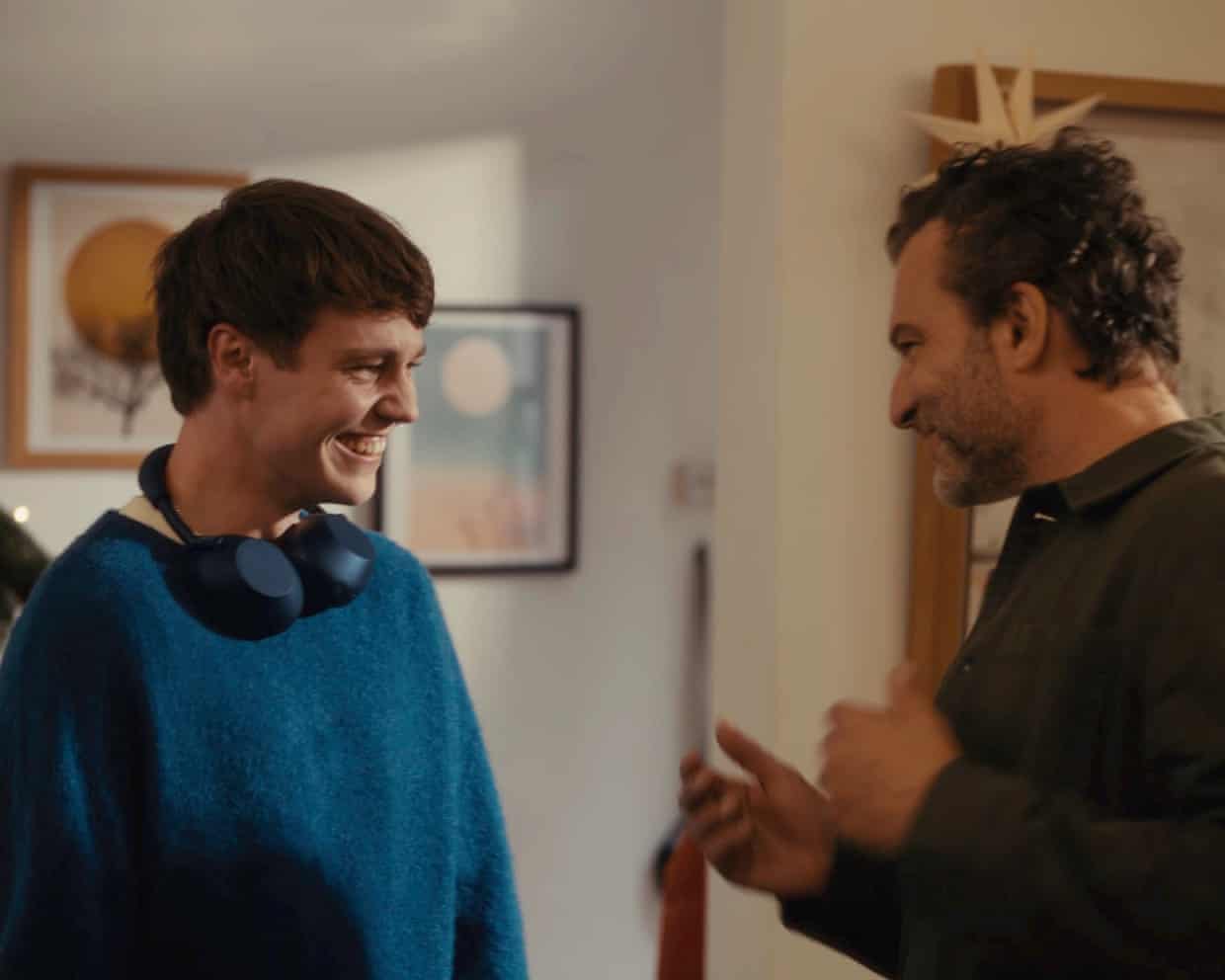
’Tis the season for dubious TV adverts | Letters
The issues you highlighted in your editorial are real, but please don’t think that advertisers care about them (The Guardian view on the John Lewis Christmas ad: a modern story of fathers and sons, 7 November).This ad is a shameless attempt to make consumers think they are doing something worthwhile in buying overpriced gifts in a failing store that used to share its profits with staff but hasn’t paid them any bonus in the past few years.If anything, the relentless pressure of advertising (where the Christmas season starts earlier each year) only serves to pile more pressure on people who are struggling. The cynicism of these ads – pretending to care while desperately trying to trigger the Pavlovian Christmas shopping response – is truly depressing.Chris LinwardSalford Your editorial’s claim that the new John Lewis Christmas ad was “harking back to the 1990s” and evoked “a less complicated time to be a young man” would be news to anyone who remembers that time as the era of laddism and Loaded, and the underlying unease about men’s emotional lives as shown in novels such as Tim Lott’s White City Blue and Nick Hornby’s About a Boy

US markets struggle amid tech sell-off and economic uncertainty
Wall Street came under pressure on Thursday, enduring its worst day in a month as a sell-off of technology stocks intensified.After an extraordinary rally around hopes for artificial intelligence that propelled global stock markets to record highs, fears that tech firms are now overvalued loom large.Investors are also braced for the release of a batch of official data on the state of the US economy, amid heightened uncertainty over its strength during the federal government shutdown.The benchmark S&P 500 and the Dow Jones industrial average each closed down 1.7% in New York on Thursday, while the tech-focused Nasdaq Composite dropped 2

Thames Water tried to make MP pay its legal fees of up to £1,400 an hour
Thames Water argued that an MP should be forced to pay its hefty legal costs after he represented the interests of the British public in court, a move he described as “retaliation” for pushing for government control of the crisis-hit utility, the Guardian can reveal.The UK’s highest court this week rejected Thames Water’s arguments that the Liberal Democrat MP Charlie Maynard should pay legal fees as high as £1,400 per hour.Britain’s biggest water company has been on the verge of collapse for several years as it struggles under the weight of net debt of £17bn, built up over decades since privatisation. Thames Water’s effective owners have asked for 15 years of leniency from environmental fines from the government to try to recover.Maynard was granted unusual permission to represent the public interest in a court battle over an investor bailout for Thames Water
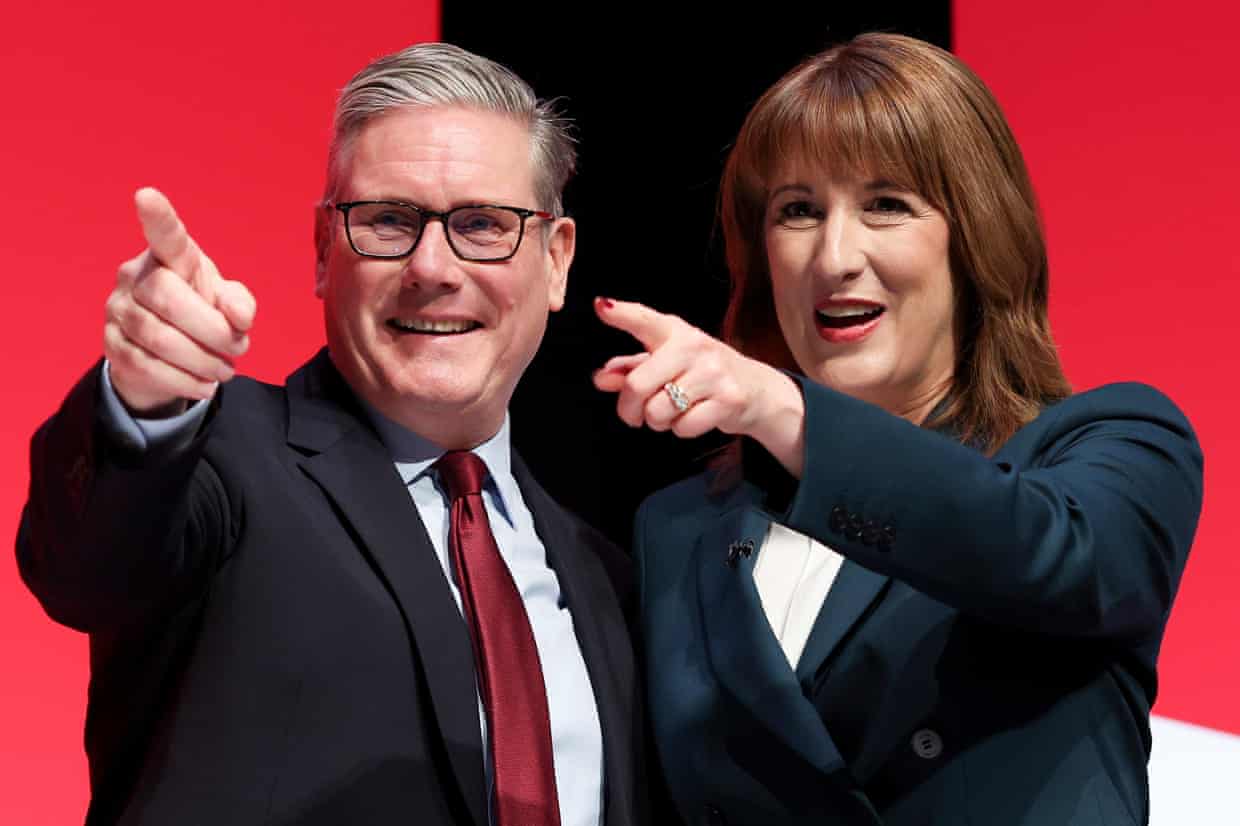
Pound falls and UK borrowing costs rise as Reeves ditches plans for income tax hike – as it happened
Time to recap…The pound has fallen and the price of UK government borrowing rose today as investors worry over how the Labour government plans to cover its fiscal shortfall in the upcoming budget.It was all in reaction to news that chancellor Rachel Reeves was backtracking on plans to hike income tax rates, in what would have resulted in breaking the party’s manifesto pledge.However, with just two weeks to go until the 26 November fiscal event, it has left investors scratching their heads over how the chancellor plans to raise funds in order to cover policies like increased defence spending or the likely scrapping of the two-child benefit cap.Meanwhile, the FTSE 100 not only suffered from those domestic jitters, but also global fears over an AI tech bubble, which continue to drag on US stocks on Wall Street.Investors are also worried that the Federal Reserve will hold off cutting interest rates in December, and the impact of delayed data on rate decisions, following the US government shutdown

Walmart CEO Doug McMillon to step down after more than a decade in role
Walmart’s CEO, Doug McMillon, will retire next year after more than a decade in charge of one of the world’s largest retailers.John Furner, the chain’s boss in the US, will succeed McMillion as the Bentonville, Arkansas-based grocery retailer’s global CEO after 31 January.Shares in Walmart fell about 3% during premarket trading.Walmart employs 2.1 million workers across the world, including about 1
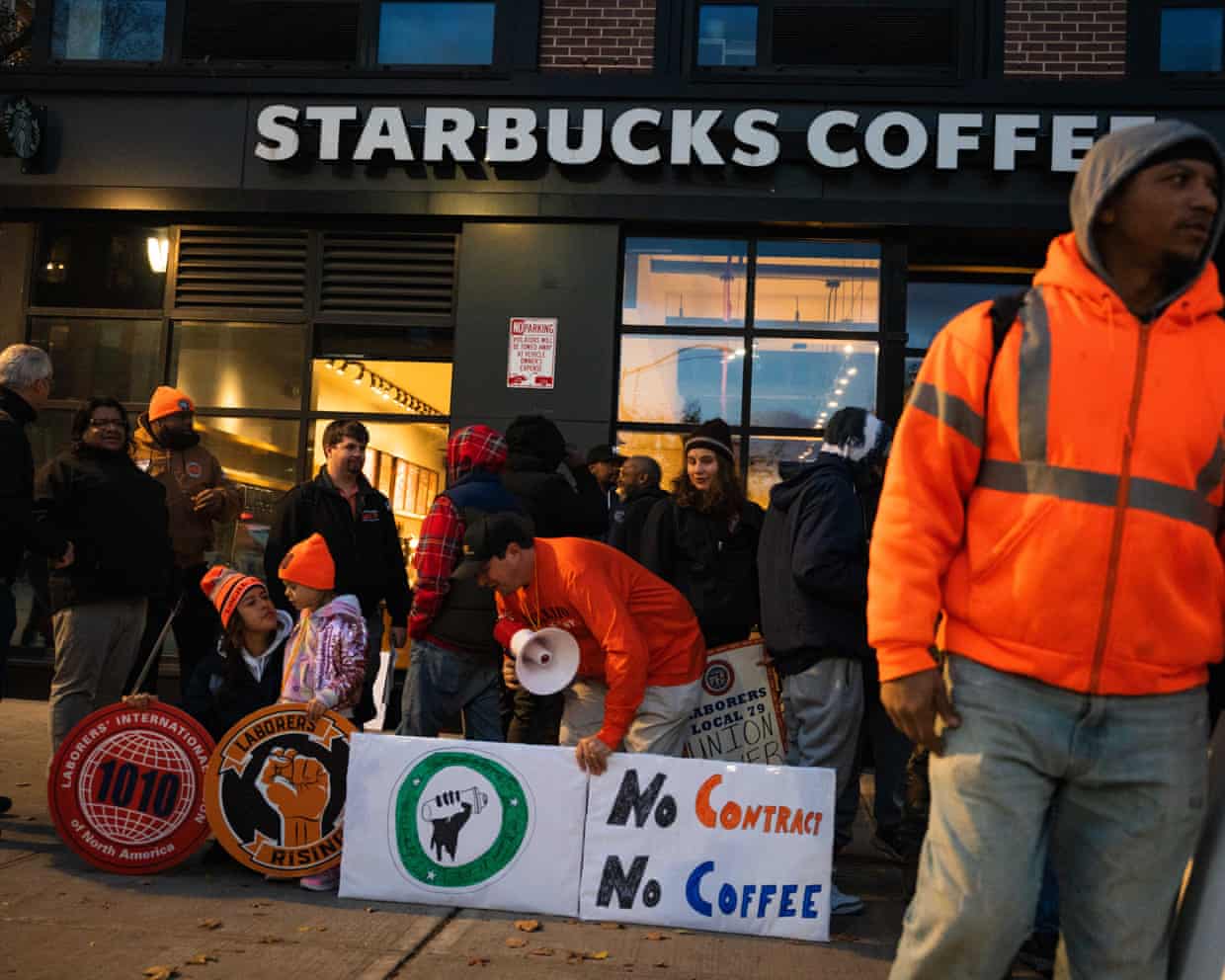
‘Red cup rebellion’: striking Starbucks baristas urge customers to stay away
At a popular Starbucks in Brooklyn’s Clinton Hill, hundreds of people – including workers, union allies and community supporters – filled the sidewalks. In 40F (4.4C) weather, picketers held signs, marched, and chanted “What’s disgusting? Union-busting!” and “No contract, no coffee!”More than a thousand Starbucks workers across the US walked off the job on Thursday in over 40 cities, marking one of the largest coordinated actions yet by the rapidly growing union movement inside the world’s largest coffee chain.The strike, timed to coincide with the company’s lucrative “red cup day” festivities, is designed to pressure Starbucks back to the bargaining table after months of stalled contract negotiations.In Clinton Hill, many potential customers who stopped by for coffee were successfully deterred, choosing instead to support the strike

Trump’s targeting of alleged drug vessels strains UK-US intelligence ties
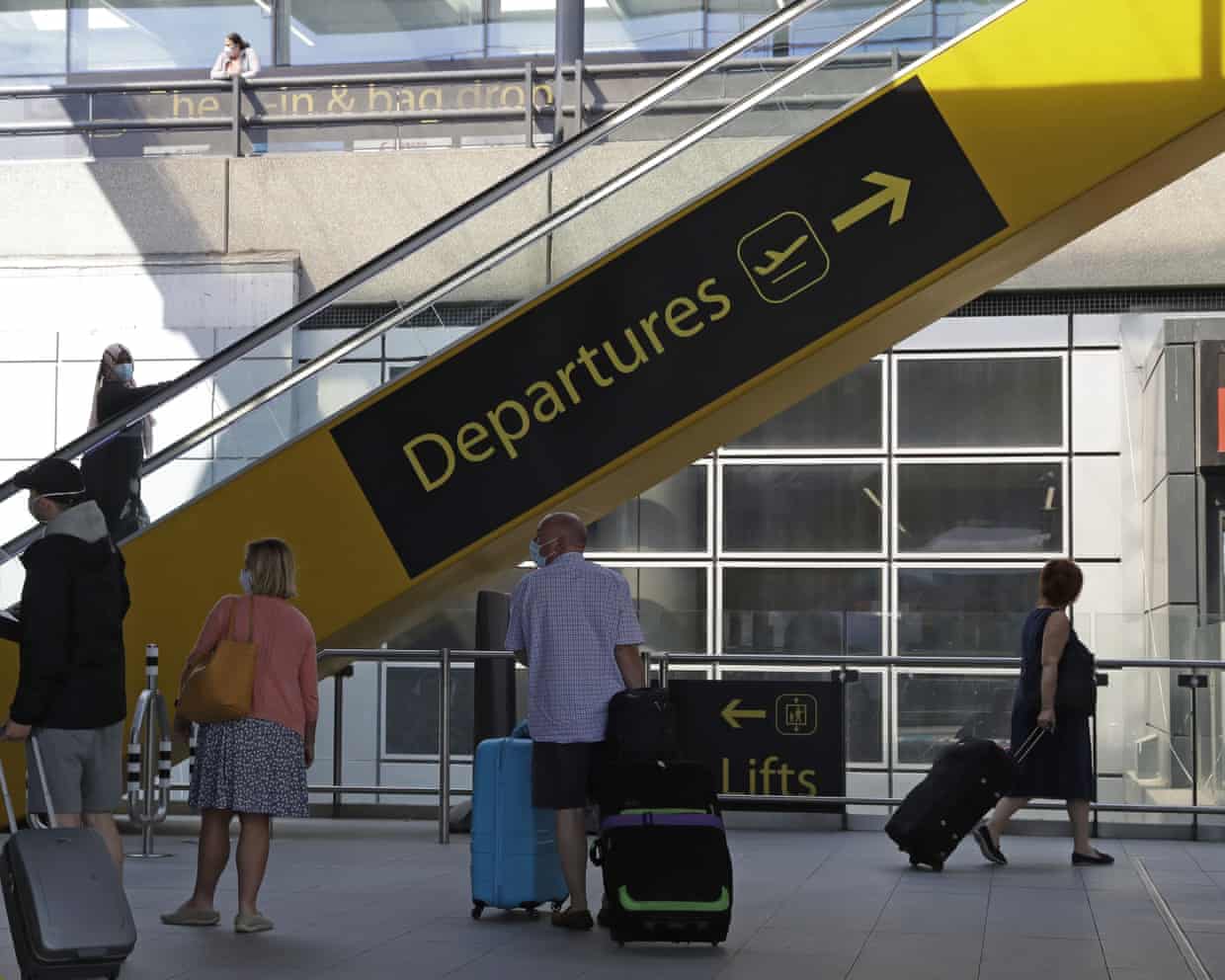
Britons living abroad: tell us your views on UK politics today
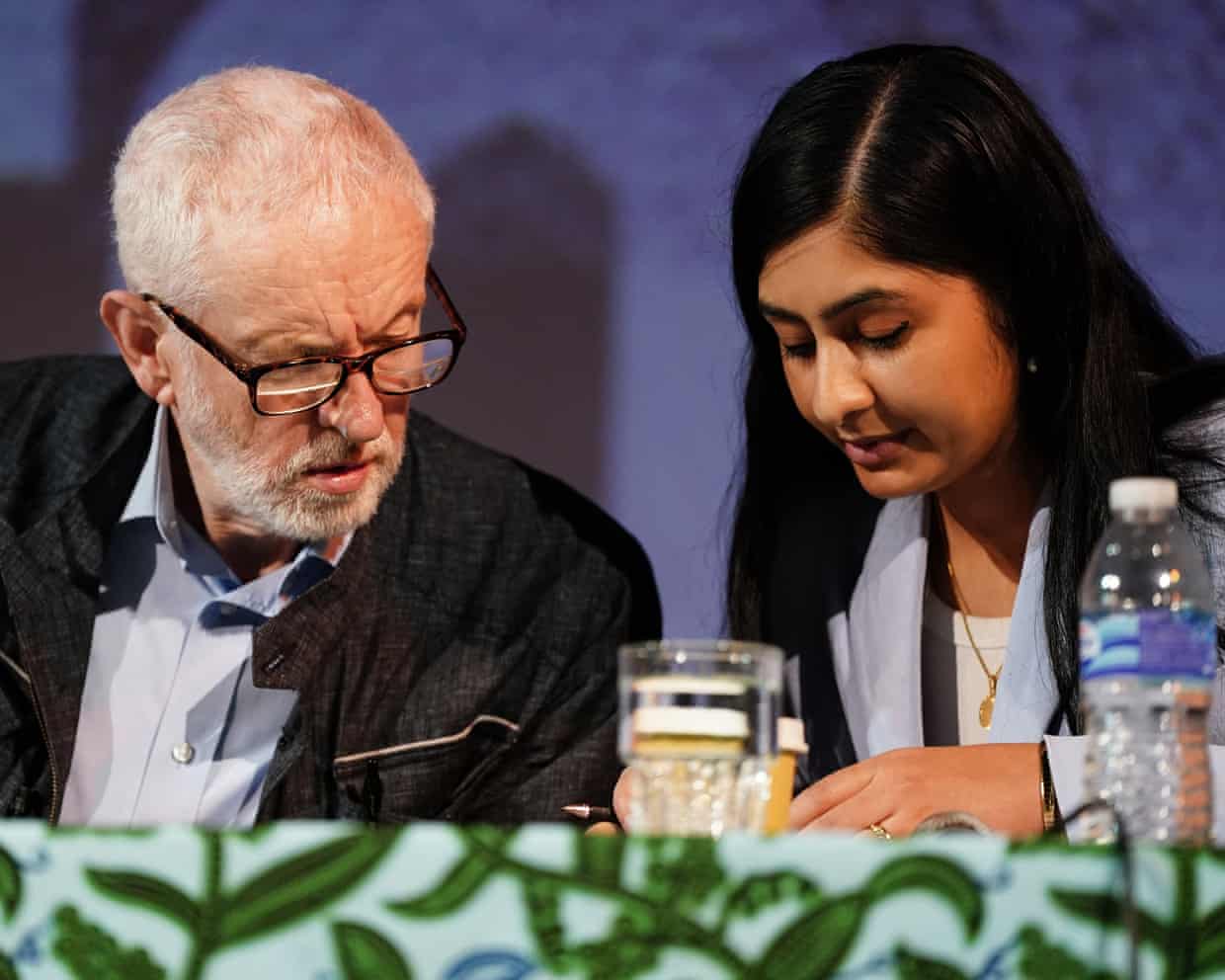
Your Party receives ‘small portion’ of withheld supporters’ donations
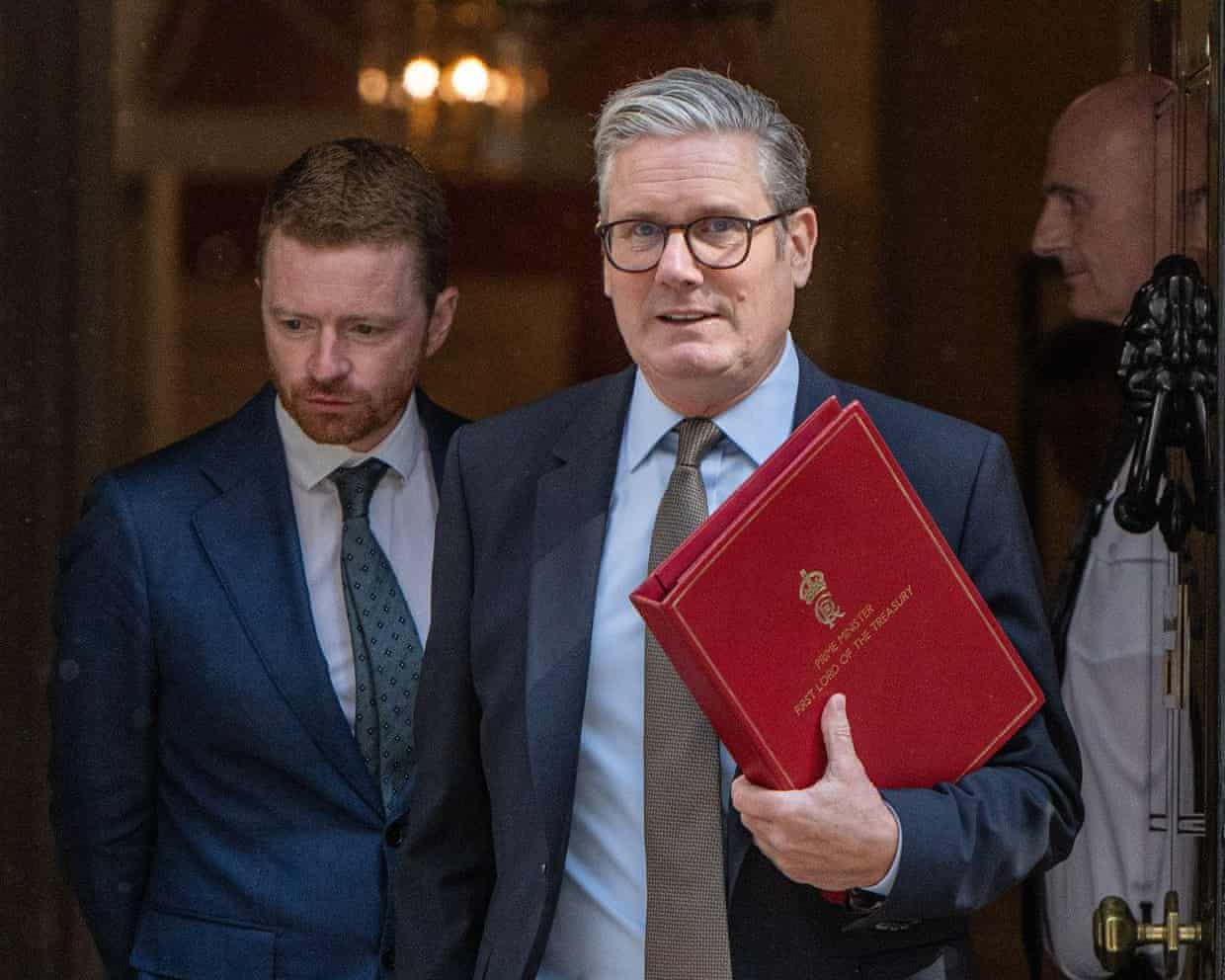
Starmer stands by McSweeney and says he has been ‘assured no briefings against ministers done from No 10’ – as it happened

Starmer defies calls to sack chief of staff, claiming briefing didn’t come from No 10
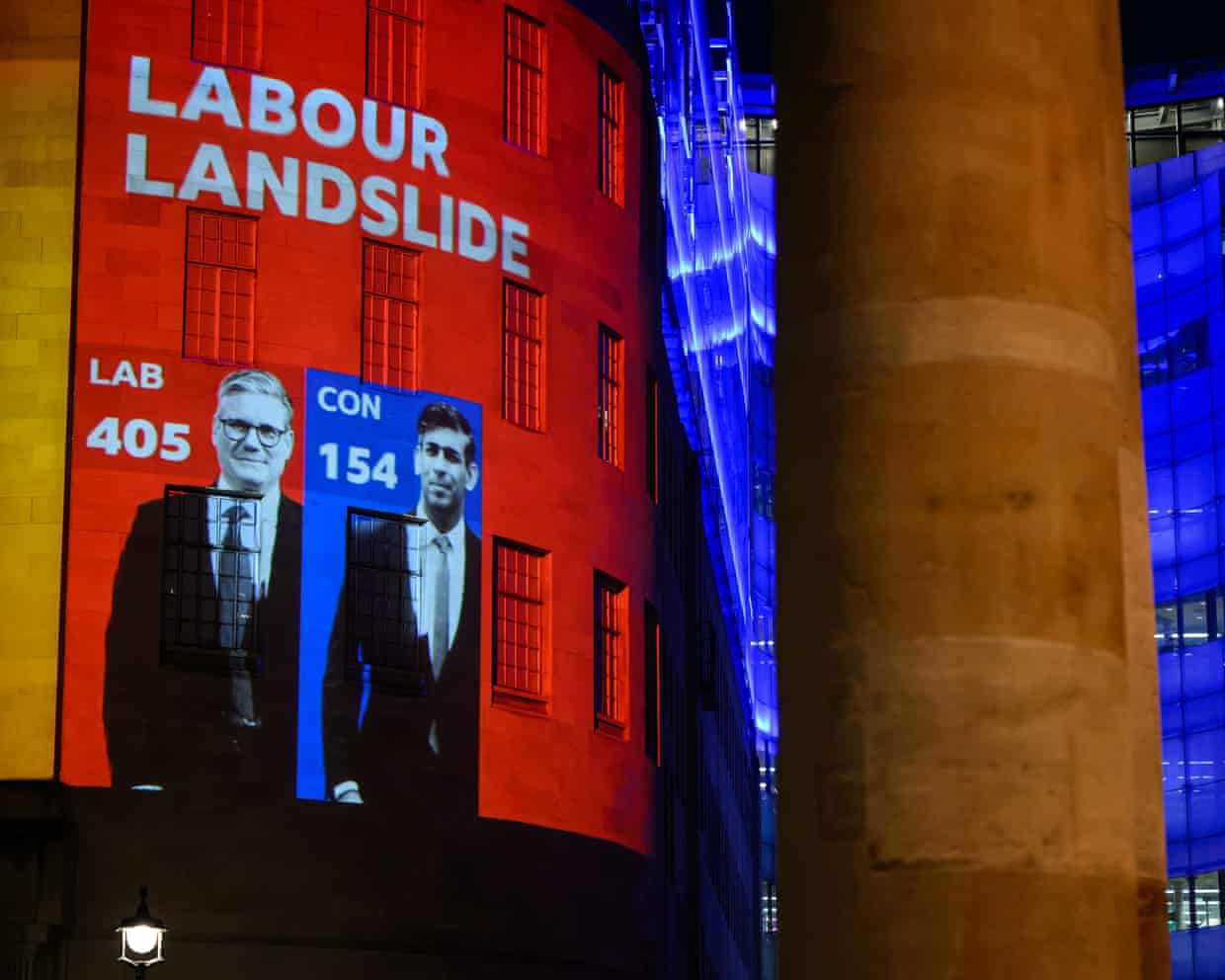
Labour must accept that the two-party age is over and embrace PR | Letters